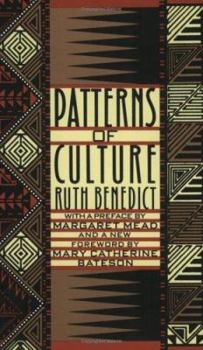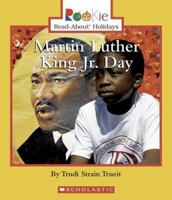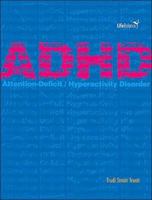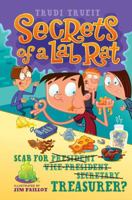Patterns of Culture
Select Format
Select Condition 
More by Trudi Trueit
Trudi Trueit knew she’d found her life’s passion after writing (and directing) her first play in fourth grade. Since then, she’s been a newspaper journalist, television news reporter and anchor, media specialist, freelance writer, and is now a children’s book author. She has published more than fort... Learn More About This Author
Book Overview
Unique and important . . . Patterns of Culture is a signpost on the road to a freer and more tolerant life. -- New York Times A remarkable introduction to cultural studies, Patterns of Culture is an eloquent declaration of the role of culture in shaping human life. In this fascinating work, the renowned anthropologist Ruth Benedict compares three societies -- the Zuni of the southwestern United States, the Kwakiutl of western Canada, and the Dobuans of Melanesia -- and demonstrates the diversity of behaviors in them. Benedict's groundbreaking study shows that a unique configuration of traits defines each human culture and she examines the relationship between culture and the individual. Featuring prefatory remarks by Franz Boas, Margaret Mead, and Louise Lamphere, this provocative work ultimately explores what it means to be human. That today the modern world is on such easy terms with the concept of culture . . . is in very great part due to this book. -- Margaret Mead Benedict's Patterns of Culture is a foundational text in teaching us the value of diversity. Her hope for the future still has resonance in the twenty-first century: that recognition of cultural relativity will create an appreciation for 'the coexisting and equally valid patterns of life which mankind has created for itself from the raw materials of existence.' -- from the new foreword by Louise Lamphere, past president of the American Anthrolopological Association Ruth Benedict (1887-1948) was one of the most eminent anthropologists of the twentieth century. Her profoundly influential books Patterns of Culture and The Chrysanthemum and the Sword: Patterns of Japanese Culture were bestsellers when they were first published, and they have remained indispensable works for the study of culture in the many decades since. This description may be from another edition of this product.
Format:Paperback
Language:English
ISBN:0735619654
ISBN13:9780735619654
Release Date:February 2004
Publisher:Microsoft Press
Length:334 Pages
Weight:1.30 lbs.
Dimensions:1.1" x 7.3" x 9.2"
Customer Reviews
5 customer ratings | 5 reviews
There are currently no reviews. Be the first to review this work.












































